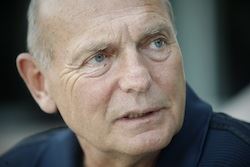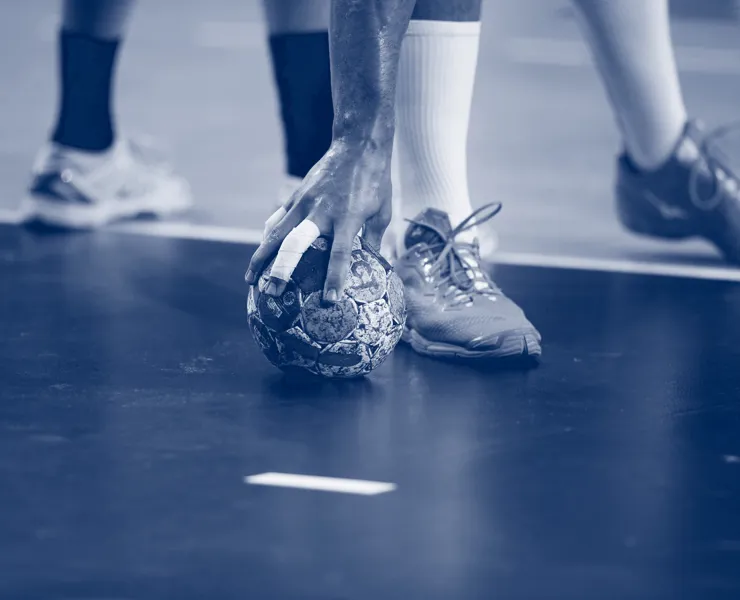

Proud witness of growth
 Proud witness of growth
Proud witness of growth
After eighteen years in service of the EHF, the Chairman of the Methods Commission, František Táborský, is leaving one of his many activities in the world of sports.
Beside six years in the Competitions Commission and twelve in the MC the Czech expert also worked as a lecturer at the sport university in Prague, for the ministry of education and for the International University Sports Federation.
After his playing carrier Táborský started working on handball methods at age of 23 and seven years later he became the head coach of a senior team of Slavia Prague, many of his players were older than him.
He was also the head coach of the Belgian national team and assistant coach of the Czecho-Slovak team. Right after his farewell EHF Congress in Monaco he is flying to Brazil for the University Handball World Championships.
Before his departure he talks to eurohandball.com about his views and opinions about a development of the game of handball in Europe.
What kind of memories will you keep from your work for the EHF?
I can still remember my start very well. I was very proud of the first letter what I received from the EHF.
I am really happy I could witness how this organisation has been constantly growing from a humble beginnings with just two employees.
It was an honour for me to work for the federation that has proven its extraordinary ability to develop.
Never in my work for the EHF have I experienced some of my inputs being just swept under the carpet without being dealt with. In addition, the activity of Methods Commission doesn´t earn money like competitions for example, on the contrary they cost money.
Which was the important changes during your tenure at the EHF?
We started the EHF EURO project, we increased the number of participants from 12 to 16, in the Methods Commission we saw the birth of beach handball, which were later given its own commission.
What I am extremely satisfied with is that my dream of creation of the Union of University Handball Teachers came true and it has 35 members now.
As a former coach and a methods expert you witnessed many changes in the game. Which do you consider as the most important?
The introduction of a passive play rule helped to increase the speed of the game and goal-scoring tremendously.
In the World Championships in 1961 the result of the final match between Romania and Czechoslovakia was 12:11 after double-overtime and one Swedish attack at the 1972 Olympics in Munich lasted six minutes.
In comparison, at the first EHF EURO in 1994 there was an average of 48 goals per match and at the EHF EURO 2006 it was around 60.
Since then the average slightly shrank because the teams hit the limits of attack and are concentrating more on defence again.
What are your feelings after your third term in the Methods Commission expired and your work has come to an end?
I take this as a fact. I was preparing for this moment in the past and during the last ten years I reduced several of my activities.
The time has come to cease my work at the Methods Commission of the EHF, but everything is in the hands of God and may be I could be able to help in a different position.
I will carry on representing Europe at the Methods Commission of the International Handball Federation and my membership in the FISU expires only in 2015."
What do you see as a major challenge for European handball?
The level of this game in Europe is enormously balanced and we have roughly 25 teams fighting for the participation at all top tournaments. But in my opinion we should help even more countries to join this race and develop their handball systems.





